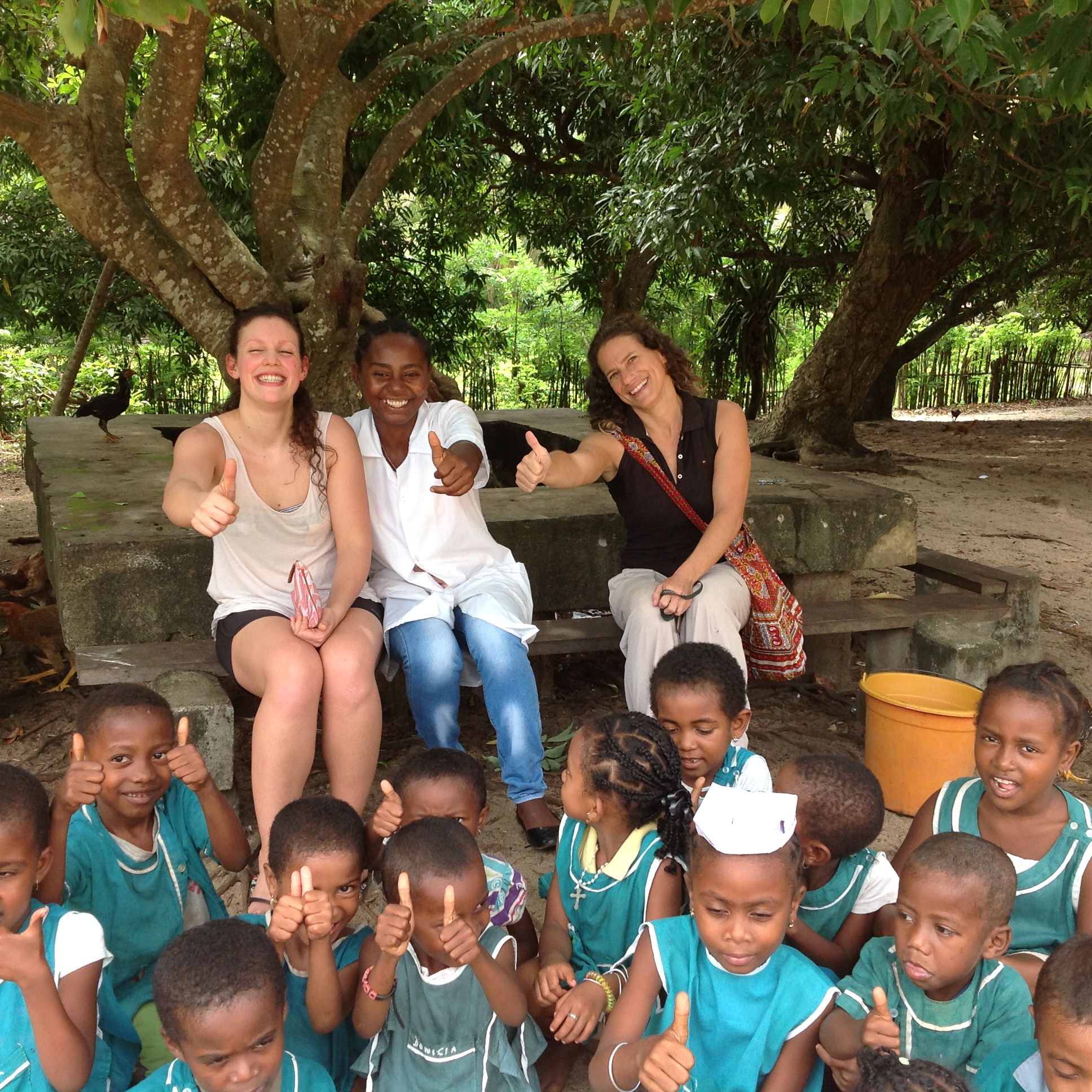![]() Funded by:
Funded by: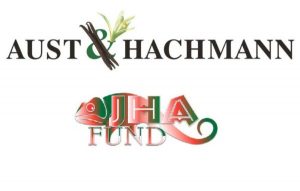
| Name of programme: | Kit Mad‘Ere |
| Financed by: | JHA Fund + Aust & Hachmann |
| Country: | Madagascar |
| Region: | SAVA (Samabava Andapa Vohemar Antalaha) |
| Agency: | Deutsche Gesellschaft für Internationale Zusammenarbeit (GIZ) GmbH |
| Date: | June 2020 |
| Trainers: | Ertice Iarozafy assisted by Romela Razafindravanona |
Aust & Hachmann is committed to the long-term interests of the vanilla communities of Madagascar. Sponsoring several local programs and projects, our primary focus is on education. “With basic instruction, the people residing in the vanilla communities of Madagascar will be able to take control of their lives financially. With a basic primary level education (and eventually higher), vanilla farmers and their families will have the tools needed to gain more control over the vanilla trade on a domestic and international level.” -David van der Walde, Aust & Hachmann (Canada) LTD. JHA Fund is a non-profit NGO based in Antalaha Madagascar that addresses ecological issues, health and economic freedom through education. We attempt to defeat environmental destruction through an “adopt a tree” program and by cultivating other avenues of revenue generation. Facilitating environmental education programs to local students and disadvantaged village communities is one focal point, together with other local NGOs, i.e.: Macolline, Seacology, Duke Lemur Center, US Embassy, C.A.L.A., Lemur Conservation Fund and now GIZ. GIZ The Deutsche Gesellschaft für Internationale Zusammenarbeit (GIZ) GmbH has been working in Madagascar on behalf of the German Federal Ministry for Economic Cooperation and Development (BMZ) since 1982. The BMZ and the European Union are GIZ’s main commissioning parties in Madagascar. GIZ also works closely with the private sector in order to achieve more effective and sustainable integration of the agricultural sector in international markets, increasing yields and thus improving local living conditions. For example, GIZ provides training for vanilla farmers to familiarize them with efficient growing methods and building their business skills. GIZ places particular importance on learning and innovation.
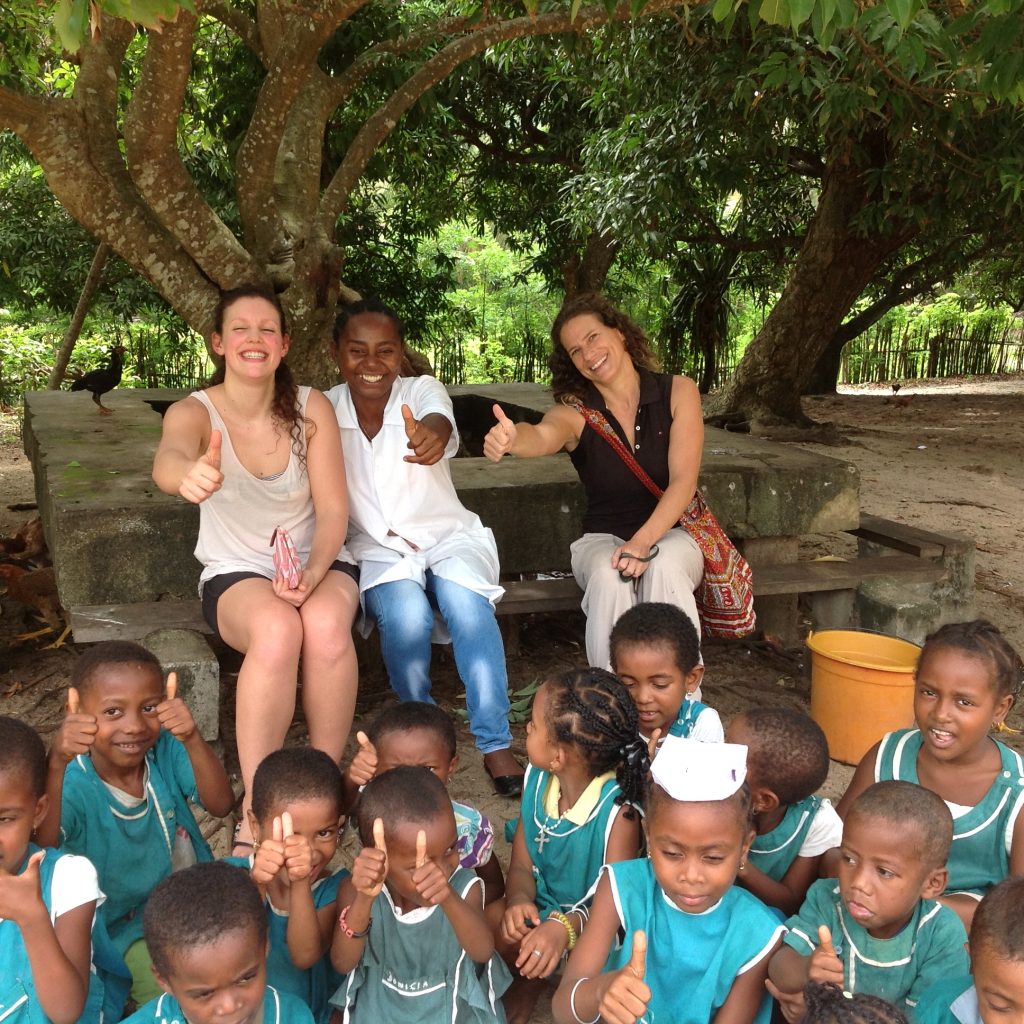 |
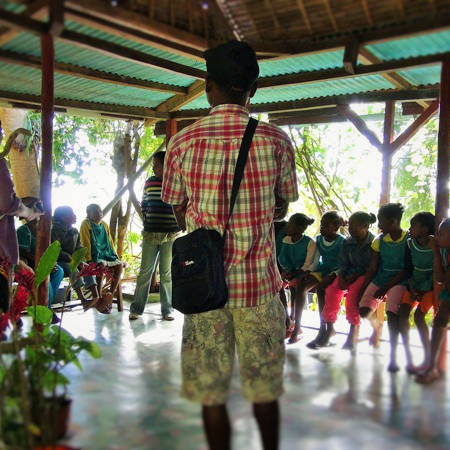 |
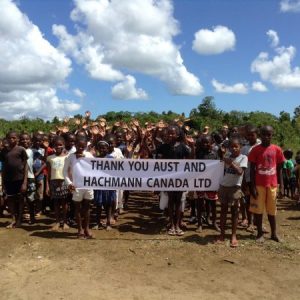 |
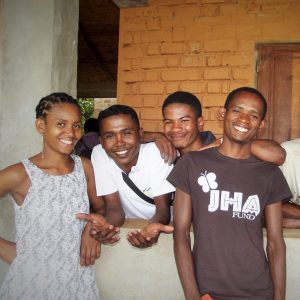 |
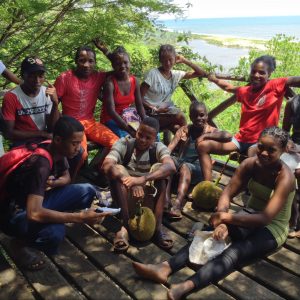 |
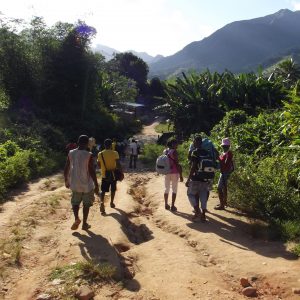 |
The relationship between JHA Fund’s environmental teaching and Aust & Hachmann’s objective re understanding the insight of the local farmers and their villages, allows us to respect the culture while working towards mutual development. Hence, we can promote a product that is centered on the well being of farmers plus the quality of our vanilla. Our main challenge yet attainable goal, thanks to our sustainable approach, is international value standards in keeping with the structure of traditional agriculture.
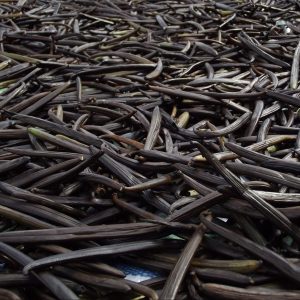 |
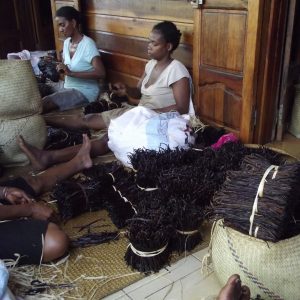 |
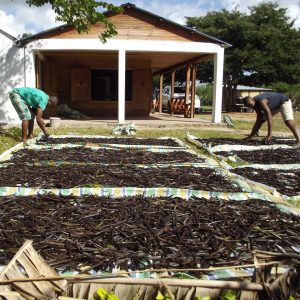 |
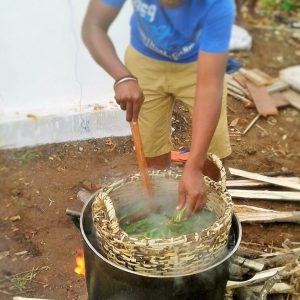 |
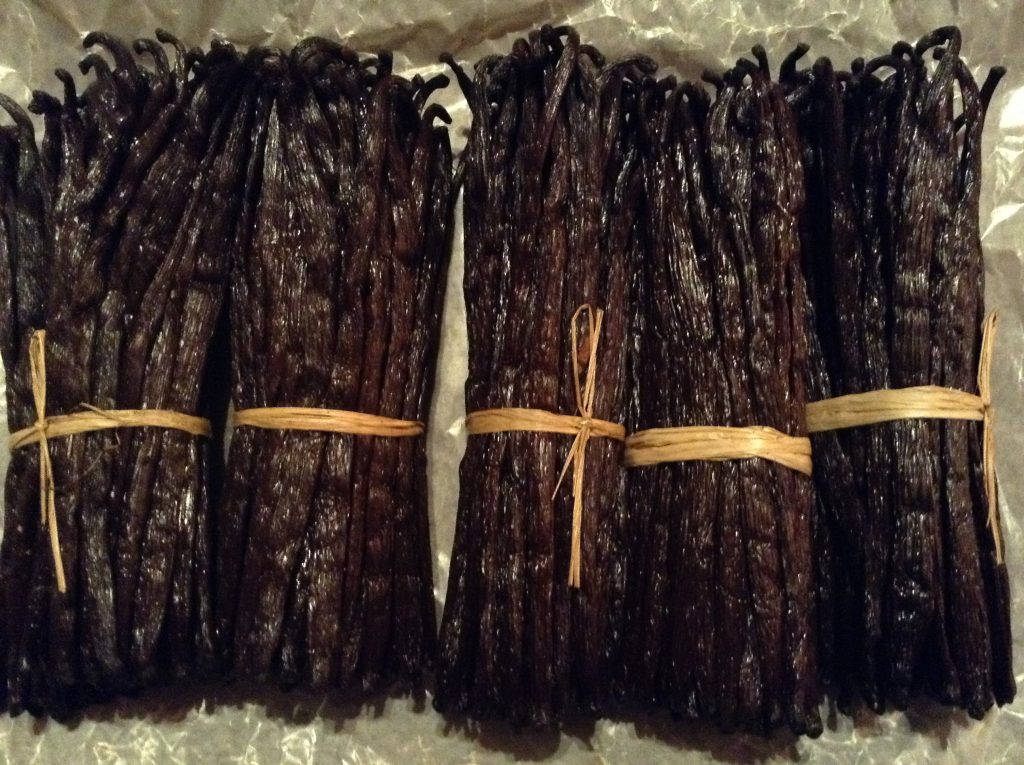 AIMING TO PREVENT DEFORESTATION & FOREST DEGRADATION Raise awareness! As we know, the environment of Madagascar holds incredible diversity and scenery. The widespread clearance of forests, primarily for firewood and charcoal production, is jeopardizing the island’s habitats. As a result, several unique species such as lemurs and chameleons that have evolved here over millions of years may become extinct before the end of the century. Challenges In Madagascar, population growth reinforces the increased needs for food, amplifying the practice of unsustainable farming activities. Every year the environment in Madagascar is badly destroyed by artificial fires. Burning lands and forests is a tradition in Madagascar (“slash and burn” locally known as tavy). The destruction of the environment will soon reach the point of no return and people’s behavior towards the environment needs to change. The best way to do this is through proper education, beginning in primary schools through to the university level. Solutions & Goals
AIMING TO PREVENT DEFORESTATION & FOREST DEGRADATION Raise awareness! As we know, the environment of Madagascar holds incredible diversity and scenery. The widespread clearance of forests, primarily for firewood and charcoal production, is jeopardizing the island’s habitats. As a result, several unique species such as lemurs and chameleons that have evolved here over millions of years may become extinct before the end of the century. Challenges In Madagascar, population growth reinforces the increased needs for food, amplifying the practice of unsustainable farming activities. Every year the environment in Madagascar is badly destroyed by artificial fires. Burning lands and forests is a tradition in Madagascar (“slash and burn” locally known as tavy). The destruction of the environment will soon reach the point of no return and people’s behavior towards the environment needs to change. The best way to do this is through proper education, beginning in primary schools through to the university level. Solutions & Goals

Ertice Iarozafy training the trainers June 2020
In 2015, JHA Fund sponsored Madagascar National Park Guides from Macolline Botanical Garden to participate in a GIZ teacher training course in Andapa. They successfully completed the assignment and now boast certificates to “Train the Trainer” in KIT MAD’ERE.REPORT THIS AD “KIT MAD’ERE” MAtériel Didactique pour l’Education Relative à l’Environnement (Educational Materials for Environmental Education), is a tool for primary schools developed by the GIZ and the École Normale Supérieure University of Antananarivo to improve teaching methods and to introduce environmental education into the primary learning programme. The objectives of this innovation are: – to allow teachers to work more effectively by having all the tools in one easy to carry satchel and; – to stimulate the pupils and introduce environmental education into the learning programme. Once the teachers are trained, the kit MAD’ERE is used by primary school teachers as an effective visual aid. In June 2020 JHA Fund and Aust & Hachmann successfully carried out the Kit MAD’ERE “Train the Trainer” course directed by JHA’s representative in Antalaha, Ertice Iarozafy. Aside from JHA participating to organize the purchasing of the kits in Antananarivo and funding the project, Ertice managed the entire programme.

Practice teaching
Our approach Strengthening capacity starting from the elementary school level: JHA Fund’s local representative Ertice and his assistant Romela Razafindravanona, provide an intensive training course where attendance is required. The primary school teachers then use their training and their kit to teach their students every year. The KIT MAD’ERE materials are designed to be used as part of the school lessons. They encourage pupils to participate, be creative and do things on their own. They are made of simple, easy-to-find raw materials like cardboard, fabric, paper, wood, glue, velcro, pins, painting jars and coloured pencils. The KIT MAD’ERE consists of 16 elements inside a zipped big backpack, weighing around 10 kg. 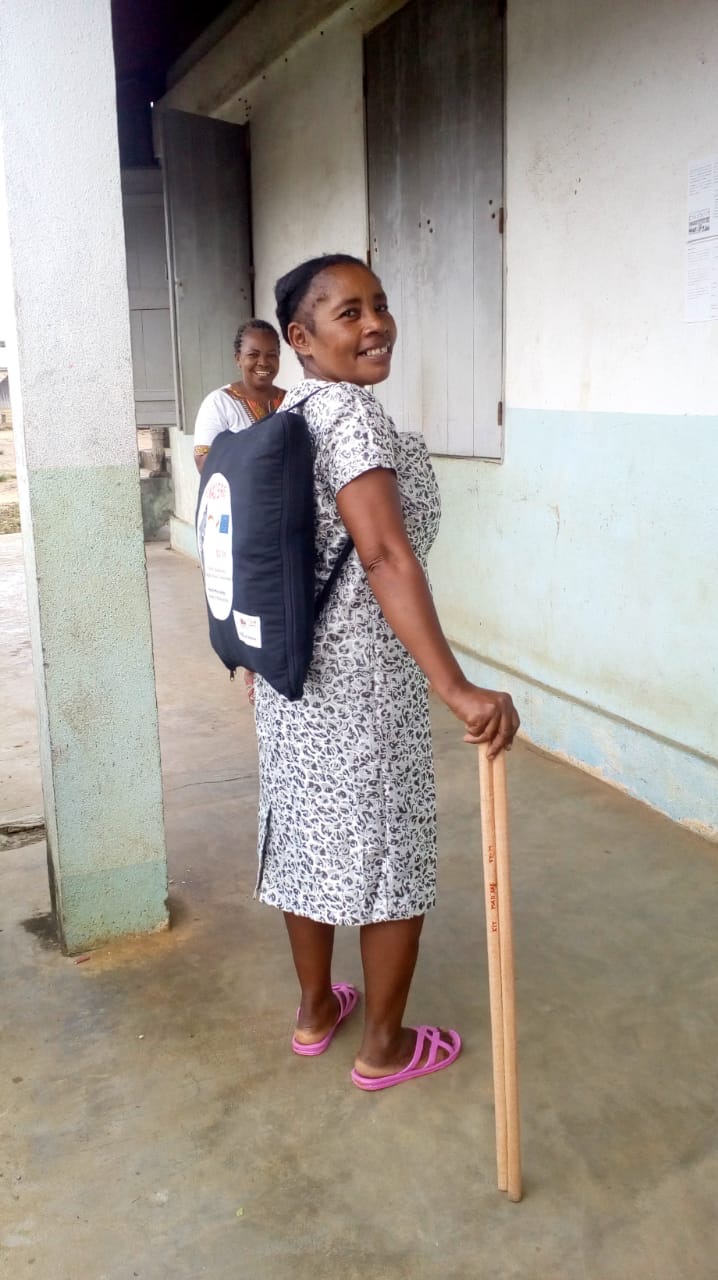
 The kit also contains maps of Madagascar and posters of the local landscape before and after dealing with the environmental issues. These can be placed on the board or hung on the classroom walls.
The kit also contains maps of Madagascar and posters of the local landscape before and after dealing with the environmental issues. These can be placed on the board or hung on the classroom walls.

Map, landscapes and activity board
The posters initiate discussions and alert pupils about environmental issues. On each inner side of the bag of the KIT MAD’ERE, are pockets where different kind of pictures can be kept. These are hand drawn pictures on cardboard of flora, vegetation, community and environmental activities. Other pictures can be added by the students as they learn and participate. Capital and lower case letters of the alphabet and numbers are also kept inside these inner pockets of the bag. 
Benefits & Success Factors
Imagination and enthusiasm are encouraged and therefore heightened, learning transcends the classroom and then critical and creative thinking skills are enhanced. This is a great opportunity for the Antalaha’s youth to be involved in a citizen project relating to sustainable living while reducing threats and pressures on biodiversity. The Kit MAD’ERE education builds knowledge and skills necessary to address complex environmental issues, as well as ways that we can take action to keep our atmosphere healthy and viable for the future. Since 2013 JHA Fund has been working in Antalaha on adaptation to climate issues in the context of development co-operation and that has enabled us to integrate climate fixes both in our planning tools and in our development activities. Results of the Programme 11 teachers received their certificates!

Ertice signing certificates

11 newly trained teachers!

Certificate
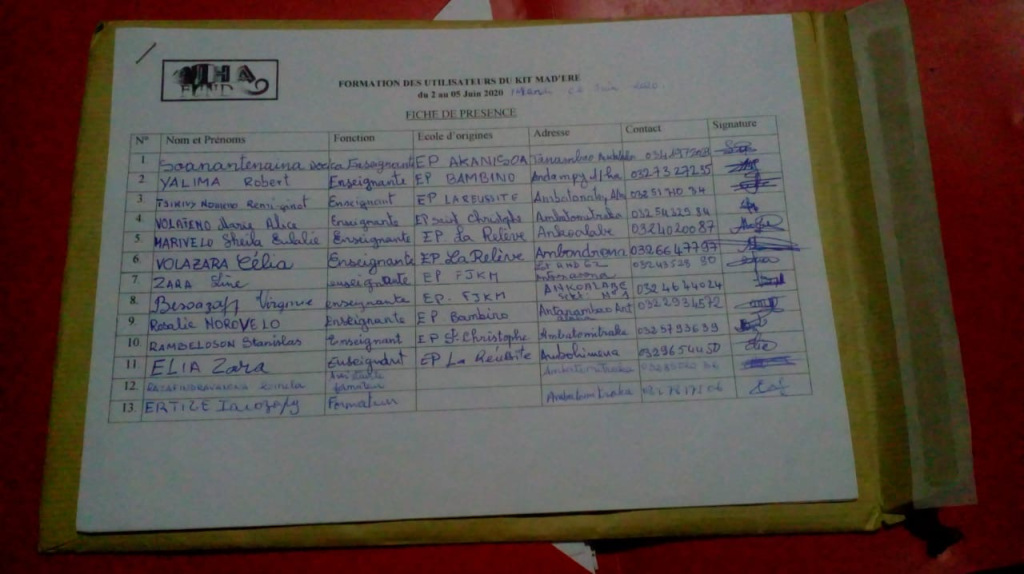
Attendance list
A successful teacher for academic knowledge and environmental education ought to have a combination of stimulus, enthusiasm, the right tools and some teaching experience. This was all provided and then developed through the training. Elementary school teachers are now actively involved through durable management strategies. Their technical and organizational teaching capacities are improved. The benefits from the safeguarding of biodiversity through the maintenance of forest cover, the restoration of degraded areas as well as the various ecological functions which result from it are now all things that all children are made aware of at young age. They will share this information with their parents, families and friends, hopefully improving the forest and protected areas.
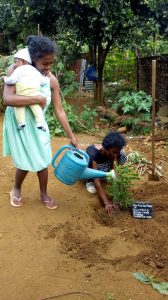 |
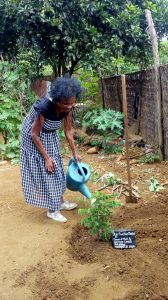 |
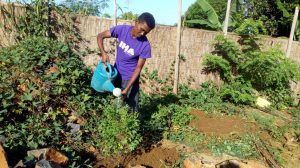 |
 |
| e | f |
Thank you! A sincere personal thank you to those that funded this specific project through JHA Fund: Takeo Hama of Tokyo, Shahid Hadi of Mississauga, Jean-François L’archevêque Montpetit of Repentigny, the Wolofsky family of Montreal and the Aust & Hachmann families in both Montreal and Hamburg. A HUGE thank you MISAOTRA and congratulations to Ertice and his assistant Romela, bravo! Thank you for organizing and teaching the training sessions with incredible enthusiasm, acquiring the space at FJKM school, and for taking care of the little details like making sure everyone had water to drink etc… We’d also like to thank FJKM school for the classroom and especially thank you to the School District Supervisor “Chef CISCO” of Antalaha for approving the course, attending, and for supporting Ertice and his group throughout the training sessions. Last but not least, a sincere misaotra betsaka to Annie and Fitz from GIZ Antananarivo for all your support and encouragement throughout. We are all pleased to be collaborating with GIZ in the essential area of environmental education training of primary school teachers in the SAVA region and look forward to further collaboration in the future.

Joey Moscovitch of JHA Fund and Aust & Hachmann
We would like to reach out to as many schools as possible with Kit MAD’ERE. Ertice and Romela the trainers are ready to go and many schools would like to participate now that the word is out. So, in order to donate to our next project, please go to www.jhafund.com to make a donation! Those kits are costly, they have to be pre-made and brought in from Antananarivo. Thank you for your consideration.
